In this comprehensive guide, we’ll delve into the different types of commercial lighting control systems, their advantages, and how they can effectively save energy.
Benefits of Lighting Controls
- Improved Comfort and Safety: These systems create a comfortable and safe environment by providing appropriate lighting levels for different activities and ensuring spaces are well-lit when occupied.
- Energy Savings: By ensuring lights are only on when needed and optimizing their usage, lighting control systems significantly reduce energy consumption, resulting in cost savings.
- Enhanced Functionality: Lighting control systems can be programmed to cater to specific lighting needs for various tasks or activities, enhancing the functionality of spaces.
- Increased Lifespan of Fixtures: By reducing the duration of usage, lighting control systems extend the lifespan of lighting fixtures, reducing maintenance costs over time.
Lighting Control Options
- Dimmers: Dimmers allow users to adjust the brightness of lights, enabling them to customize lighting levels according to their needs. This not only saves energy but also enhances ambiance and comfort.
- Occupancy Sensors: These sensors detect human presence in a space and automatically adjust the lighting accordingly. By ensuring lights are only on when needed, occupancy sensors offer a simple yet effective way to conserve energy.
- Networked Lighting Systems (NLS): NLS are intelligent setups that manage lights in buildings. They optimize energy usage by adjusting lighting based on occupancy and natural light levels. Additionally, NLS can be controlled remotely, making them convenient and easy to manage.
- Daylight Sensors: Daylight sensors gauge the natural light entering a space and adjust artificial lighting accordingly. This helps minimize energy consumption by utilizing natural light whenever possible.
- Timers: Timed controls are set to turn lights on or off at specific times, providing control over lighting schedules. This feature is particularly used for outdoor lighting, where lights can be set to operate at nighttime.
Additional Resources
By combining the numerous lighting control options and networked lighting systems, businesses can help conserve energy. Our blog Networked Lighting Controls – A Look at Hardware and Software will explain what to consider when choosing networked lighting controls and major features that are included such as zoning and data processing. To decide what types of lighting controls fit your building’s needs, read Selecting the Right Lighting Controls for Your Office Building for a more in-depth explanation on types of lighting controls and how they work. If you are curious what the benefits of lighting controls or networked lighting controls, Check out 5 Benefits of Customized Lighting Control Solutions.
Steps to Implement Lighting Control Systems
Step 1 – Conduct an Energy Audit: Inspect the facility that has high areas of energy uses and investigate how to mitigate consumption.
Step 2 – Choose the Right System: Select a lighting control system that aligns with the specific needs and requirements of your building.
Step 3 – Installation: Ensure the system is installed by a qualified professional to guarantee proper functionality.
Step 4 – Testing and Calibration: Thoroughly test and calibrate the system to ensure it operates correctly and delivers the desired energy savings.
Commercial Lighting Systems with Action Services Group
Commercial lighting control systems offer a multitude of benefits for building owners and occupants alike, including significant energy savings, improved comfort and safety, and enhanced functionality. By selecting the right system, installing it correctly, and ensuring proper calibration, you can provide your clients with these advantages while reducing their energy costs in the long run. If you’re looking to optimize your commercial space’s lighting, investing in a lighting control system is undoubtedly a step in the right direction. To learn more about what lighting controls are right for your facility, contact Action Services Group by calling 610-558-9773, emailing [email protected] or schedule a call that fits your needs by clicking the button below.







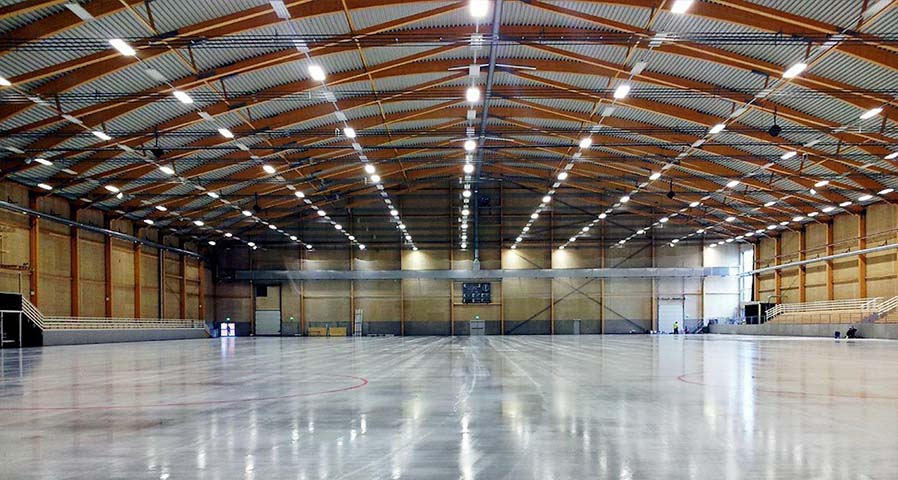








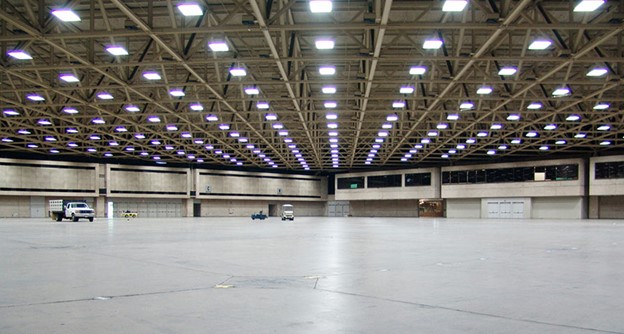




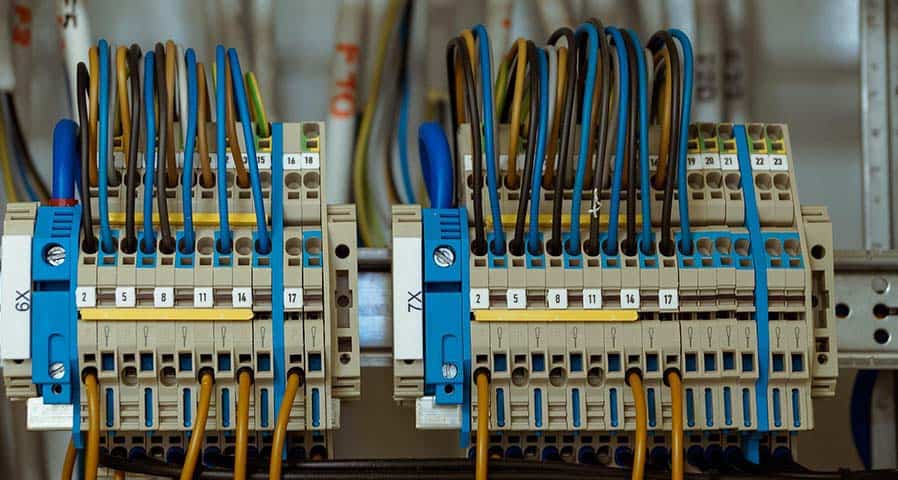





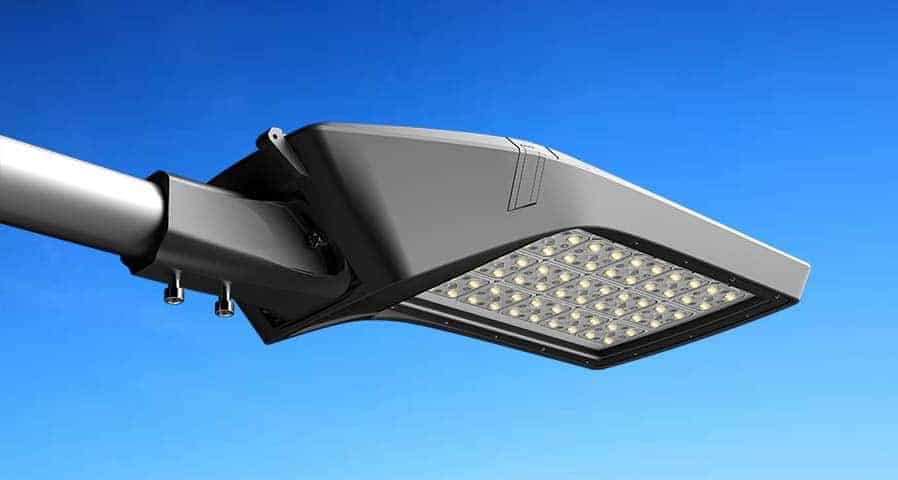
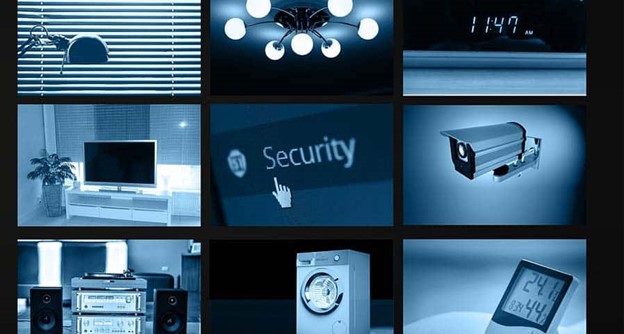

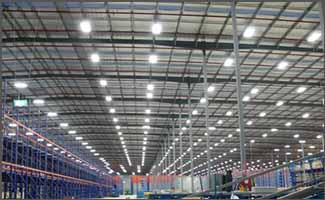
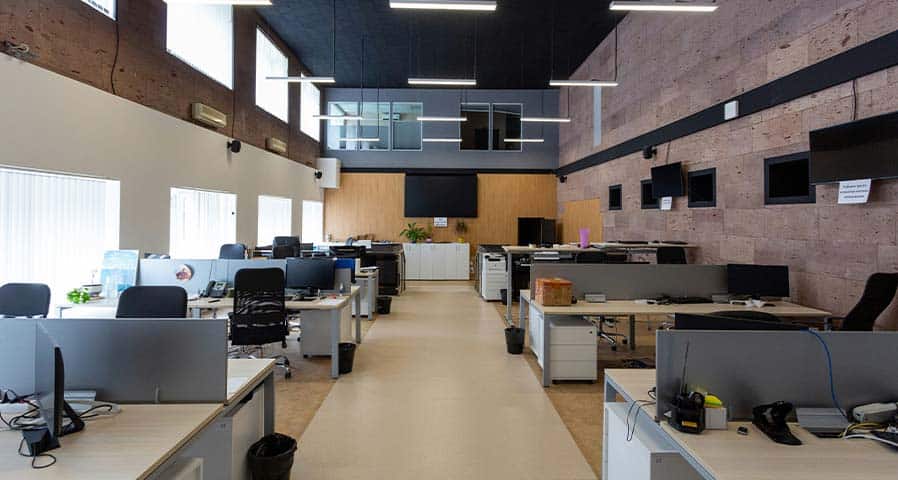








0 Comments